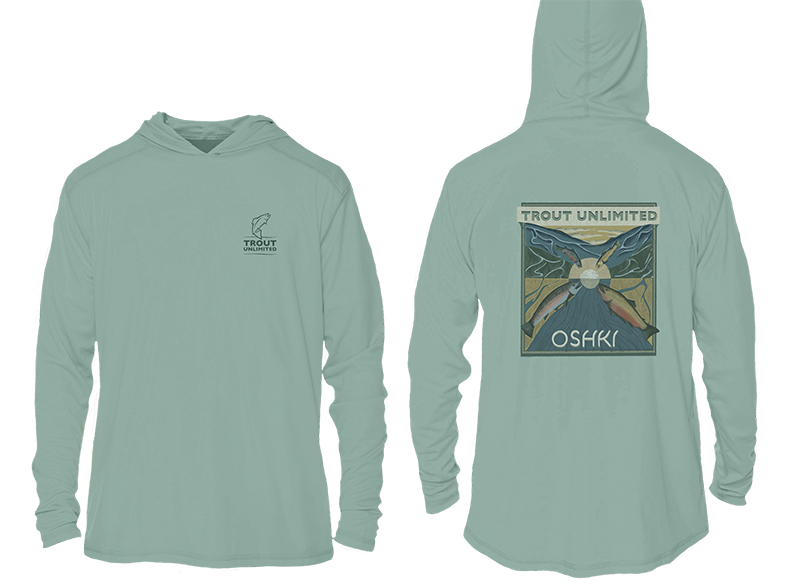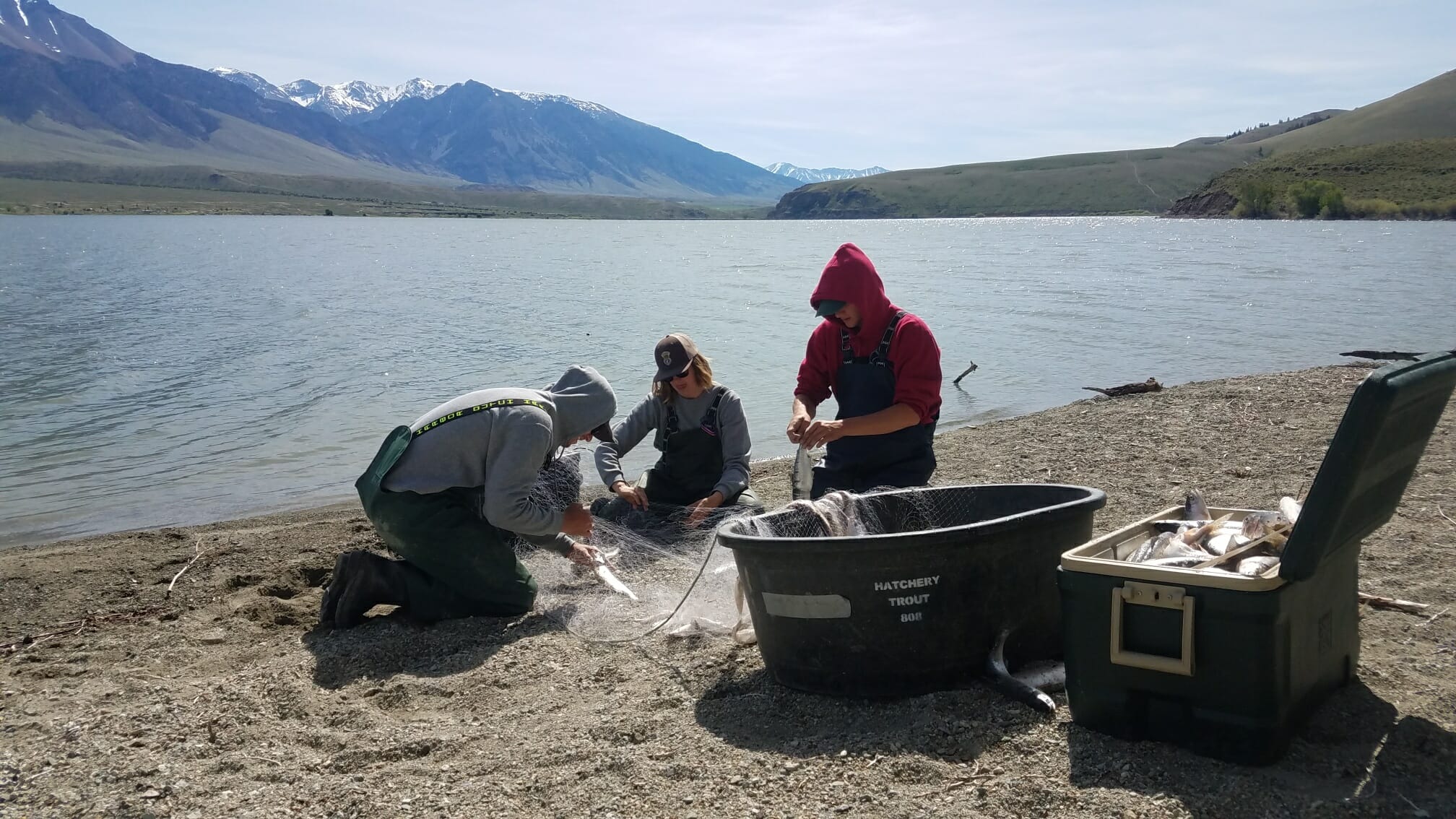
Student-led, mission-based community science
for 8th grade and high school.
Save Our Streams Clubs
What is an SOS Club?
Trout Unlimited, Izaak Walton League of America, and American Fisheries Society (collectively the ‘TIA Alliance’) have partnered to deliver a mission-based program for high schools focused on stream science and fisheries management.
This program offers students hands-on field experience working on projects with biologists, college students and faculty, community leaders and other individuals interested in conservation and science. A successful model launched in VA is the genesis for the program (see program history below).
SOS Clubs empower students to develop a mission-based monitoring project around the health of a community stream. With initial help from faculty, students explore water quality issues and stream ecology in the field. Started by a school that participates in the Trout in the Classroom program, it’s the perfect “next step” for those teachers and students that want to enhance STEM and learning outside of school.
Check out our SOS Program Model with potential mission scenarios
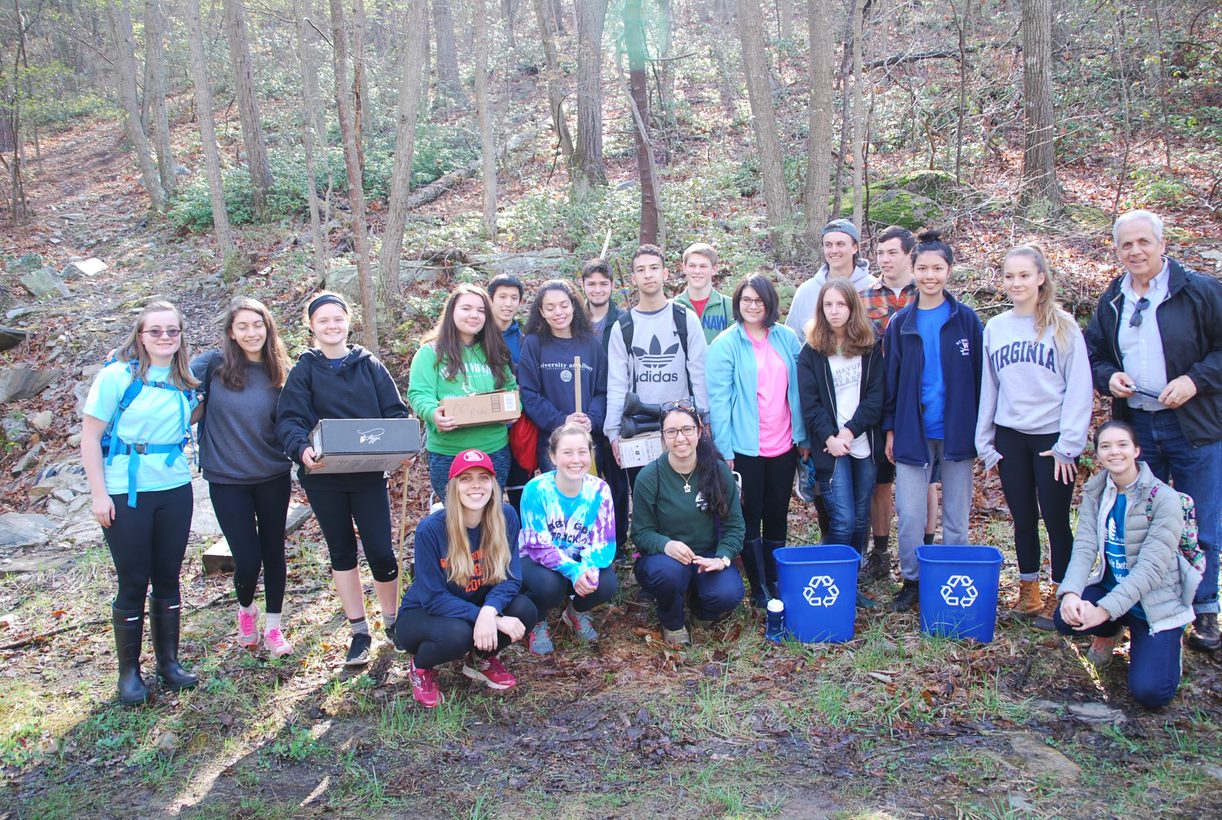
What we offer student leaders and educators:
We offer both stream water quality and benthic macroinvertebrate monitoring training to teachers or student leaders; access to fisheries and water science professionals; and guidance for a service-learning project or as an ongoing club.
This program recommends using Izaak Walton League of America’s (IWLA) Save Our Streams citizen science protocols for water quality monitoring. Student-collected water quality data is published on IWL’s Clean Water Hub which is then published on EPA’s Federal Water Quality Exchange.
High School classrooms, clubs or afterschool programs follow the 3 A’s to address an environmental problem in their community. The 3 A’s are:
- Awareness – identify the problem
- Action – find a solution (pre-assessment & field work)
- Analysis – evaluate impact of solution and share findings
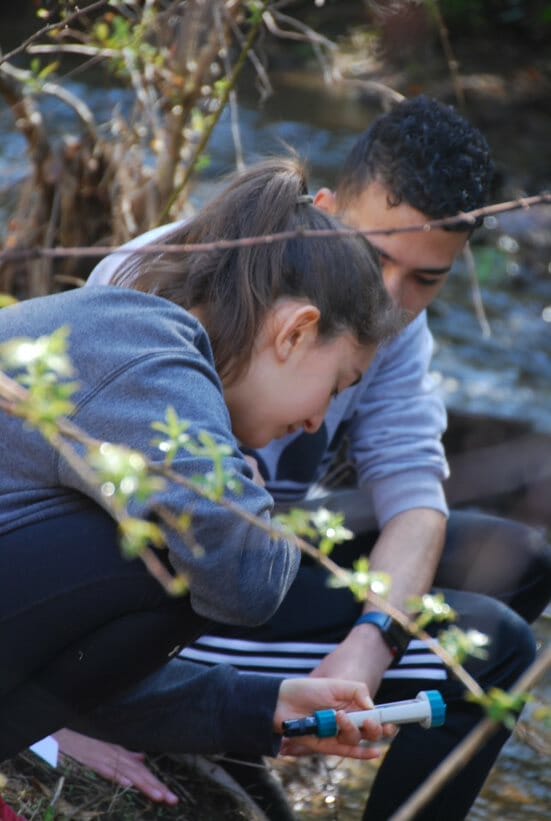
Why are SOS clubs essential?
We want to provide teachers and other youth group leaders an easy way to connect youth to their water resources while providing an authentic way to address an environmental problem in their community. Participation in this mission oriented program prepares students for fields in STEM-careers around natural resources and fisheries. We think this program would be an excellent supplement to your existing high school clubs or science class, or as a new seasonal program.
Most surface waters in our nation are not monitored on a regular basis. Without an established baseline or known condition followed by periodic monitoring, it is difficult to document changes in surface water conditions through time. Your students can help while gaining valuable experience in a collaborative environment.
History
In 2013, students from James Madison HS in Vienna, VA founded an environmental club dubbed ‘Students for Environmental Action’ with Dr. Kirk Smith as their advisor. The group sought hands-on science experience outside of the classroom and needed to locate suitable streams for release of Trout in the Classroom (TIC) fingerlings. The club grew into a team of 20+ high school students by 2019 and conducts watershed assessments in rural Virginia, collects and analyzes the data, and sends it to governing natural resource agencies, such as the US Forest Service and the Virginia Department of Game and Inland Fisheries.
Info sheets for student leaders & teachers:
- SOS Club General Interest Flyer
- Chemical Monitoring
- The Clean Water Hub
- Connect with a Professional
- Creek Critters
- Finding a Training
- Garlic Mustard Removal
- The RIVERS App
- Stream Clean Ups
- Winter Salt Watch
Brought to you by the TIA Alliance
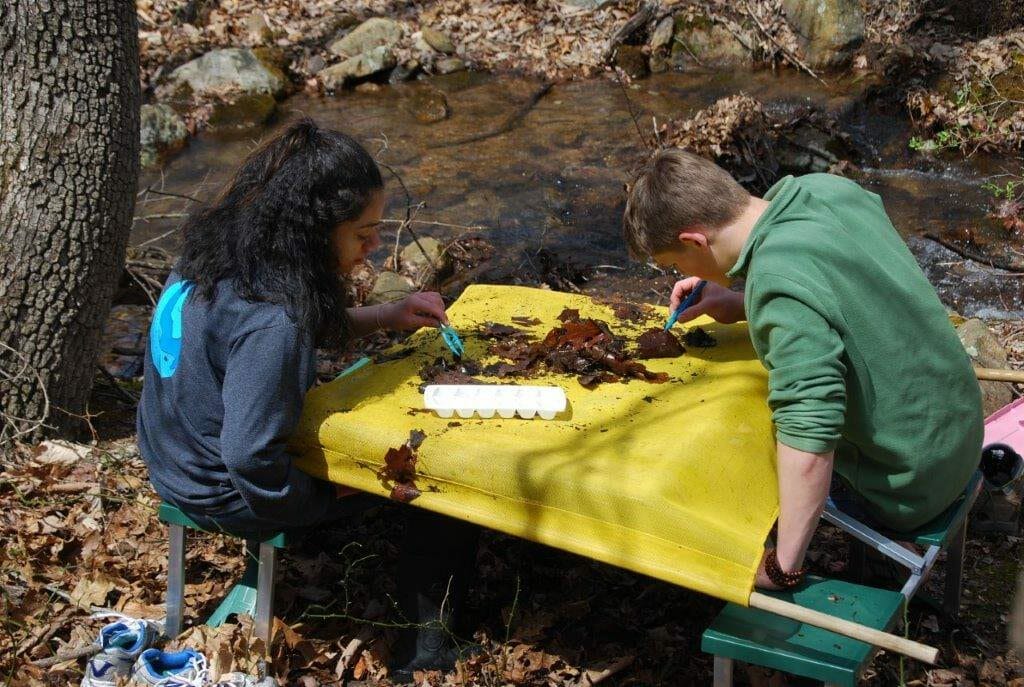
The TIA Alliance: In November 2018, Trout Unlimited, Izaak Walton League, and American Fisheries Society signed a Charter to bring this program to schools across the country. It was to be a natural extension for classrooms already doing Trout in the Classroom (TIC), TU’s largest youth program. The alliance will strive “to promote awareness of and appreciation for water quality monitoring and fisheries management within the United States by facilitating the engagement of volunteers, specifically youth and young adults, in mission oriented, natural resource conservation activities.” Read the entire TIA Alliance Charter here.
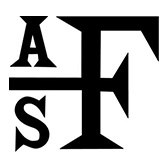
About the American Fisheries Society:
The American Fisheries Society (AFS) is a membership organization of students, scientists, managers and other professionals advancing fisheries science and conserving fisheries and aquatic resources. Our members include undergraduate and graduate students, university faculty, state and federal agency professionals and others who support and supply services/technologies to the profession. AFS offers education, publications and scientific programs in local, regional and international conferences, which attract scientists from around the world. We also offer a paid, summer mentoring program for high school students introducing them to the fisheries profession through hands-on work with fisheries professionals.
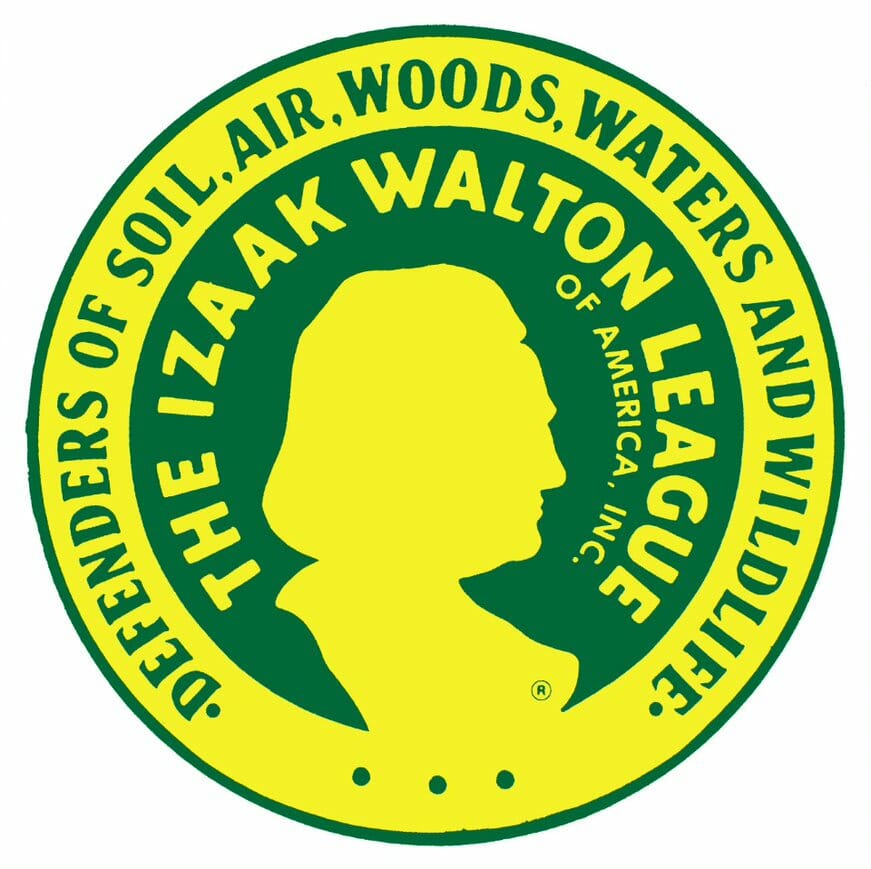
About Izaak Walton League:
For nearly 100 years, the Izaak Walton League has fought for clean air and water, healthy fish and wildlife habitat, and conserving special places for future generations. The League’s Save Our Streams program empowers volunteers nationwide to monitor their local water quality and make a difference in their communities. Today, the League plays a unique role in supporting citizens locally and shaping conservation policy nationally.
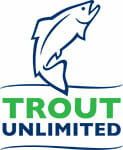
About Trout Unlimited:
Our mission is to bring together diverse interests to care for and recover rivers and streams so our children can experience the joy of wild and native trout and salmon. Trout Unlimited’s Headwaters Youth Program is building the next generation of river stewards and conservation-minded anglers to carry on our mission. Our programs create a place for young people to explore and understand the natural world.
More information: If you are interested in getting involved as an educator, student, mentor, or volunteer contact sosclub@iwla.org for more information.


